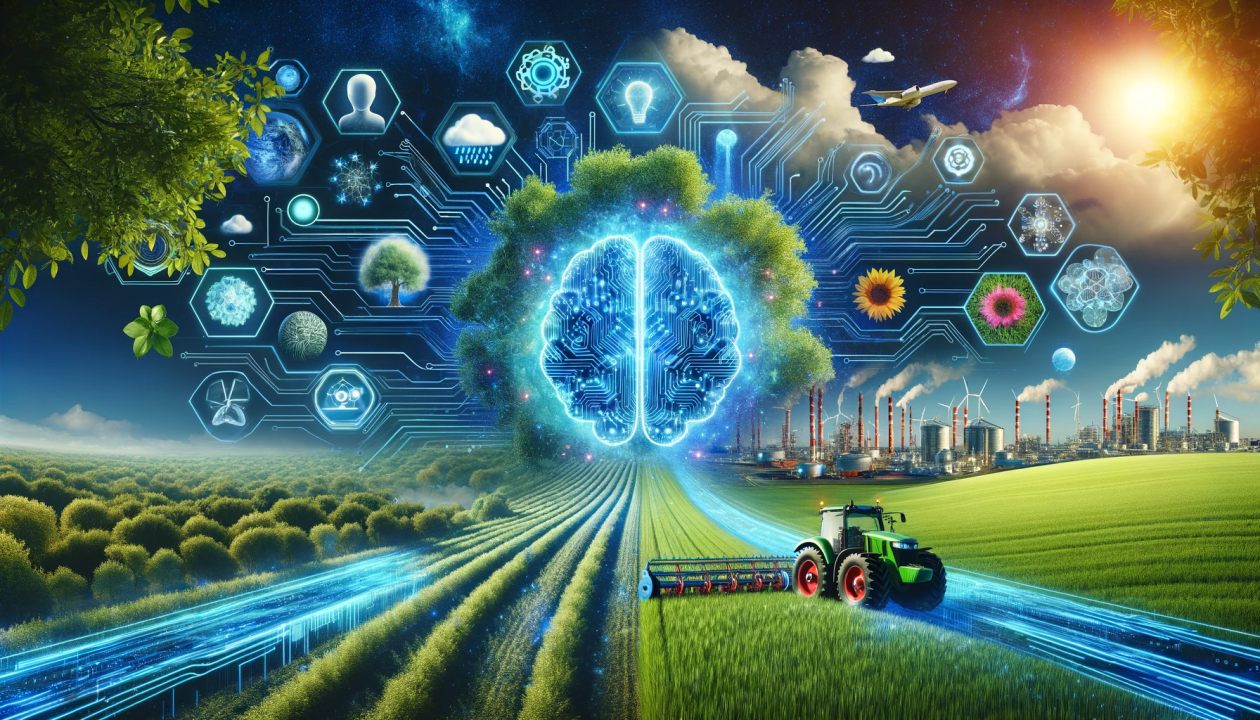Artificial Intelligence (AI) is reshaping industries, but its environmental impact has become a growing topic of concern. Experts across technology, science, and sustainability are actively studying how AI contributes to both environmental solutions and challenges.
Understanding AI’s Environmental Impact
AI systems, especially those powered by large machine learning models, require substantial computational resources. This demand translates to high energy consumption and potential carbon emissions, raising critical questions about the sustainability of AI technologies.
Key Insights from Experts on AI and the Environment
Energy Consumption and Carbon Footprint
Researchers warn that training large AI models consumes significant amounts of electricity, often sourced from non-renewable energy. Studies have shown that the carbon footprint of training some deep learning models can be equivalent to that of several cars over their lifetime.
Experts emphasize the importance of optimizing algorithms and investing in green data centers powered by renewable energy to minimize AI’s environmental toll.
AI for Climate Solutions
On the positive side, many experts highlight that AI can play a pivotal role in fighting climate change. AI is being used to:
- Predict Weather Patterns: Helping governments prepare for extreme weather events.
- Monitor Deforestation: Using satellite imagery and AI to track illegal logging.
- Optimize Energy Usage: Making renewable energy grids more efficient and reducing wastage in industrial processes.
According to environmental technologists, the key is to focus on AI applications that actively support sustainability efforts.
E-Waste and Hardware Demand
The growing need for advanced GPUs and servers to support AI development is contributing to electronic waste (e-waste). Experts caution that without proper recycling programs and responsible hardware manufacturing, AI’s hardware requirements could worsen the global e-waste crisis.
Sustainable AI Practices
Thought leaders in the AI community advocate for “Green AI,” which prioritizes:
- Efficient model training with less energy
- Transparency in reporting energy usage
- Preference for models with lower computational costs
There is a call for balancing AI innovation with sustainable development goals to ensure long-term environmental well-being.
Ethical and Regulatory Considerations
Environmental experts and policy makers are urging the adoption of guidelines that promote responsible AI development. This includes encouraging companies to disclose the environmental costs of their AI systems and to develop models that are both powerful and energy-efficient.
Conclusion
AI offers immense potential to solve environmental problems, but it also brings new sustainability challenges. Experts agree that the future of AI must align with eco-conscious practices, including energy-efficient computing, ethical sourcing of materials, and the pursuit of AI applications that actively support the planet.
Balancing innovation with responsibility is essential. By adopting sustainable practices and focusing on AI-driven environmental solutions, we can ensure that artificial intelligence becomes a tool for protecting, not harming, our world.







Leave feedback about this